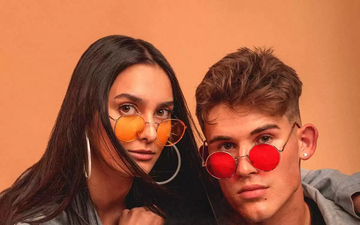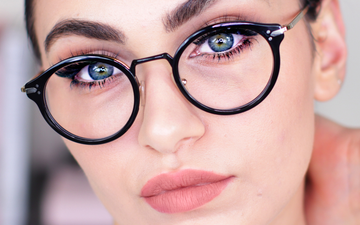
If you’ve ever found yourself squinting or struggling to make out details while driving or walking outside at night, you’re not alone. Many people experience difficulties seeing clearly once the sun goes down, and this phenomenon has a few scientific explanations.
1. Low Light Conditions
During the day, sunlight allows our eyes to capture details, colors, and contrast with ease. At night, however, our eyes have to rely primarily on rod cells—light-sensitive cells in the retina that function better in dim light but don’t provide the same level of detail or color perception as cone cells do. This shift reduces overall clarity and makes it harder to see fine details, especially in near-complete darkness.
2. Glare and Headlights
Glare from artificial lights, such as car headlights or street lamps, can make night vision even worse. Light reflections or sudden brightness in low-light settings can create halos or starburst effects, making it harder to judge distances and clearly see what’s around you. This is particularly common for people with astigmatism, as the irregular shape of the cornea can exacerbate glare effects.
3. Decreased Color Perception
At night, colors appear washed out or muted because our rod cells, which work better in low light, are more sensitive to shades of gray than to color. This reduction in color contrast makes it difficult to distinguish objects or see details, impacting your ability to navigate or recognize familiar sights.
4. Eye Strain and Fatigue
Eyes work harder to see in the dark, so eye strain and fatigue are common issues during nighttime activities. Squinting, constant focusing, and exposure to varying light sources like digital screens or car headlights can quickly tire out your eyes, resulting in blurriness or discomfort.
5. Vision Conditions That Affect Night Sight
Certain vision conditions, such as myopia (nearsightedness), cataracts, and night blindness (nyctalopia), can make night vision particularly challenging. Individuals with these conditions often experience increased difficulty focusing or may feel unsafe in low-light environments.
Tips to Improve Night Vision
If you struggle with seeing clearly at night, there are steps you can take to improve your experience:Wear anti-reflective lenses: These lenses reduce glare and improve contrast, making it easier to see.
Check your prescription regularly: Ensuring your glasses or contacts are up to date can help.
Consider tinted glasses: Some glasses designed for night driving help filter out harsh blue light from headlights and streetlights.





